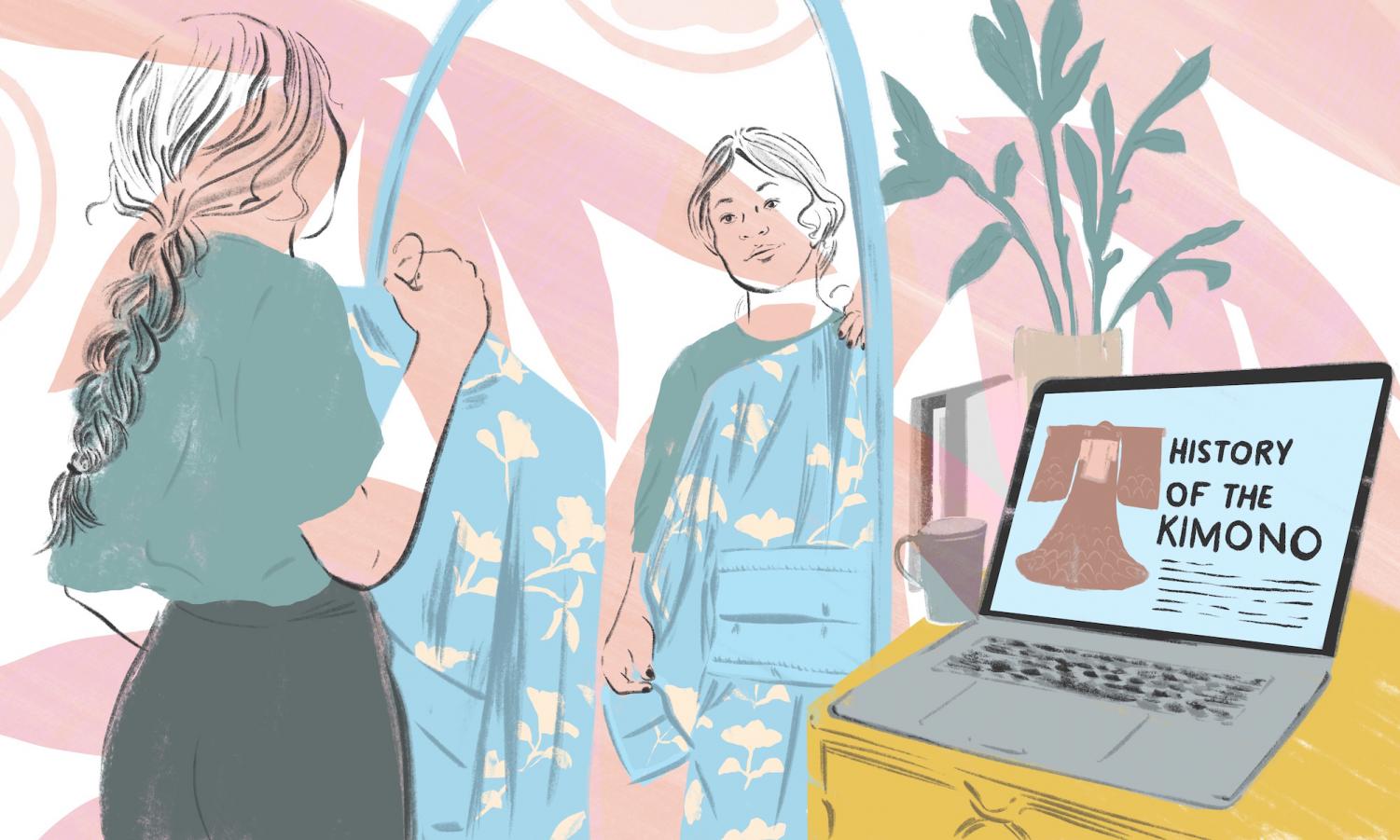Are people taking cultural appropriation too far?
This is a day and age where the internet reeks of cancel culture and faceless keyboard warriors who waste their time constantly taking swings at each other for no good reason. The Internet Community in general has become overly cautious over everything in order to avoid people becoming offended, and influencers getting called out for controversial sayings or actions has become way more prevalent than back in the early 2000’s. Just one click and a war could erupt over whether or not a certain group of people should take serious offense over it and whether or not the person who made that click should be “cancelled.”
Recently, celebrities such as Rihanna and Adele have been under fire for a concept known as cultural appropriation. According to PBS Education, cultural appropriation is “the adoption or use of elements of one culture by members of another culture. It may be perceived as controversial or even harmful, notably, when the cultural property of a minority group is used by members of the dominant culture without consent.” Rihanna had been criticized for using an Islamic Hadith in her Savage X Fenty fashion show, and Adele had been criticized for having her hair tied in Bantu Knots, which are traditionally worn by black women. A plethora of social media users and fans have tried to educate or cancel these artists in an attempt to get them to apologize to individuals identifying as within those minorities.
The main question is, are people justified to cancel whoever shows any signs of ignorance towards a certain culture, or is the Internet just too sensitive over nothing nowadays?
Many people strongly feel that cultural appropriation has become too normalized- while others say that using elements of another culture is fine as long as you are aware of the traditional meaning. Continuing on that line, Halloween has become the main platform for cultural appropriation in various places. Many college campuses have run campaigns on cultural sensitivities during Halloween. According to NPR, “Over the past few years, online campaigns #notyourcostume and #mycultureisnotyourcostume have helped spread awareness.” These campaigns are important to make sure that people are not disrespecting a culture that has been misrepresented or made fun of for so long.
However, it is important to not misunderstand the purpose of these campaigns and to not over exaggerate smaller things. Senior Grace Park says, “For example, during Halloween there is a range of little kids dressing up as Pocahontas or Mulan from Disney movies. But as a person who just dresses up, I don’t think it would be that offensive if they dressed up in that country.” Park elaborates: “In Korea, we used to wear a thing called Hanbok and if there’s like an American traveler who decides to wear one of those it isn’t really inappropriate. I just feel like people are learning more if they wear other cultures or traditional clothings unless it’s visually and noticeably offensive or mocking.” In fact, it can be considered an honor for people to see others dressed in their traditional clothing.
There is a fine line between appreciating a culture and mocking a culture, but many individuals unfortunately fail to respect that line or even see it. Junior Bailey Carlson says, “If someone is just saying a celebration to that tradition then that’s okay – we need more people to shout out traditional holidays and traditions in general to educate people, but the people who are actually celebrating and are in that culture should be the one telling what it is about and wearing or doing the tradition.” Overall, people who don’t belong to a certain culture don’t have the right to educate others on what is offensive or not unless they have enough qualified background knowledge. It is really up to the people within certain cultures to call out what is wrong and decide if something is innately offensive or not.
So yes, the internet has become more sensitive than it was before, and people have to learn to not get offended over something that is not even theirs. But, it is also essential to understand the dangers of using elements of a culture that you are not completely familiar with. It is also equally essential to realize the beauty of various cultures and coming together to celebrate them despite hailing from a different background. The internet will become a better place when everyone uses culture as a way of sui generis expression rather than comical mockery.

Arushi Mithal is a senior this year at Portage Northern. She decided to join journalism because she thought it would be a great opportunity to help with...




